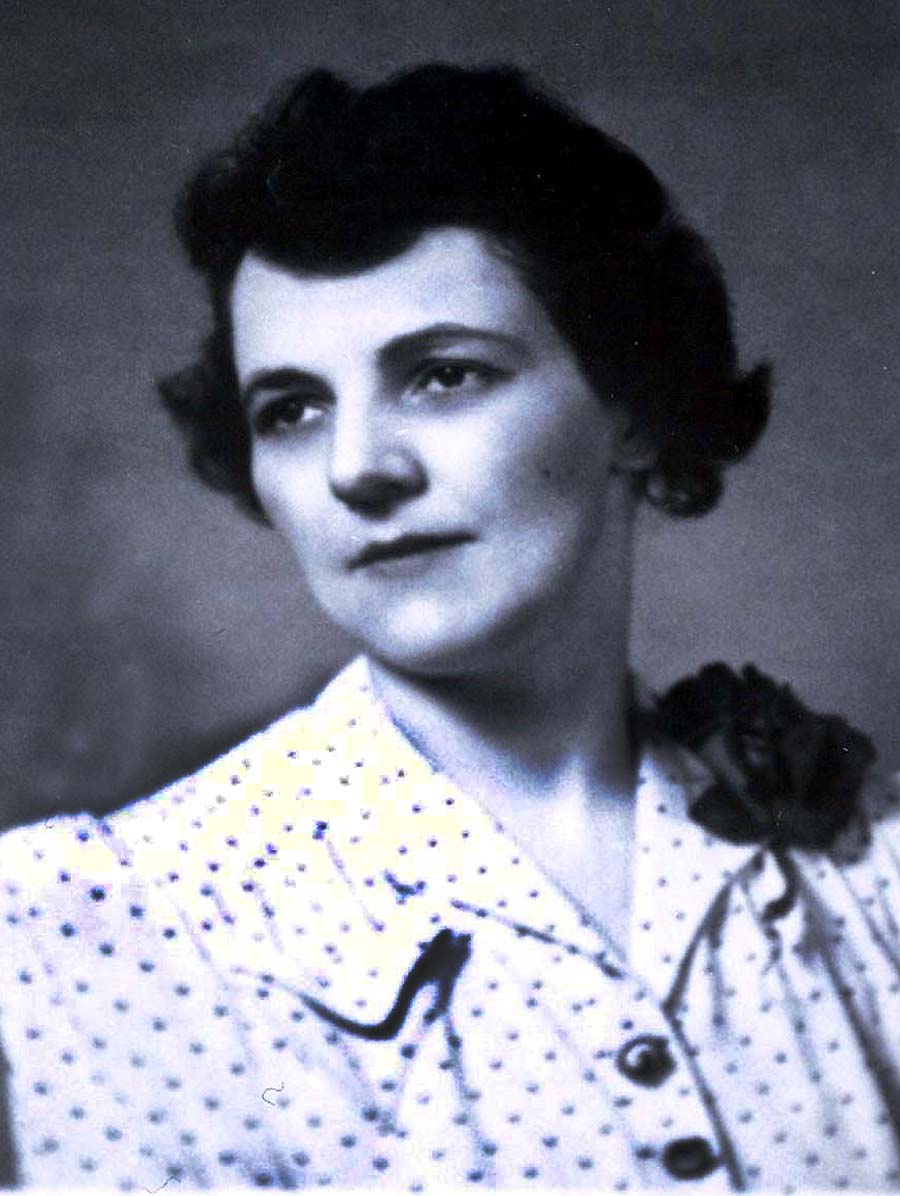
Mary U. Farquharson
Mary U. Farquharson (Democrat) represented [the 46th] district of King County in the Senate for two terms, from 1934 to 1942.
Born 1901, in Seattle, Farquharson was raised in a family where politics was a frequent topic of discussion. As a child she was interested in political and social ideas, and how society works. A graduate of the University of Washington (B.A. in English), she worked as a teacher, and married a University of Washington professor active in a progressive political organization: the Washington Commonwealth Federation.
In 1934, a member of the Women's Legislative Council approached Farquharson with the suggestion that she run for office. Though she scoffed at the idea, her husband encouraged her. With his aid she was named by the Washington Commonwealth Federation as its candidate for the Senate. Her campaign stressed the need for more jobs and used the slogan "Production for Use" -- instead of profit. Aided by the public perception of women as virtuous alternatives to corrupt politicians, she defeated strong primary and general election challenges.
With the advantage of an overwhelming Democratic majority in both houses of the Legislature, Senator Farquharson was able to pass many key pieces of social legislation despite her freshman status. One of her bills limited the number of hours a domestic servant could work to 60 hours a week and attracted Eleanor Roosevelt to Seattle to speak in favor of its passage. Senator Farquharson was a strong supporter of public power and the idea of a unicameral legislature. Public education was the key to her democratic ideals. She recalls, "I saw my chief function as helping to educate the public. A democratic government means every citizen, men and women, ought to be informed-first -- and then active. This is what every citizen ought to do: Educate, first yourself, get yourself informed. Then agitate, get people stirred up, don't let them go to sleep or sit back in their own private little affairs. Then organize, you have got to be organized. You can't do it just as an individual."
-- Political Pioneers, The Women Lawmakers
Born 1901, in Seattle, Farquharson was raised in a family where politics was a frequent topic of discussion. As a child she was interested in political and social ideas, and how society works. A graduate of the University of Washington (B.A. in English), she worked as a teacher, and married a University of Washington professor active in a progressive political organization: the Washington Commonwealth Federation.
In 1934, a member of the Women's Legislative Council approached Farquharson with the suggestion that she run for office. Though she scoffed at the idea, her husband encouraged her. With his aid she was named by the Washington Commonwealth Federation as its candidate for the Senate. Her campaign stressed the need for more jobs and used the slogan "Production for Use" -- instead of profit. Aided by the public perception of women as virtuous alternatives to corrupt politicians, she defeated strong primary and general election challenges.
With the advantage of an overwhelming Democratic majority in both houses of the Legislature, Senator Farquharson was able to pass many key pieces of social legislation despite her freshman status. One of her bills limited the number of hours a domestic servant could work to 60 hours a week and attracted Eleanor Roosevelt to Seattle to speak in favor of its passage. Senator Farquharson was a strong supporter of public power and the idea of a unicameral legislature. Public education was the key to her democratic ideals. She recalls, "I saw my chief function as helping to educate the public. A democratic government means every citizen, men and women, ought to be informed-first -- and then active. This is what every citizen ought to do: Educate, first yourself, get yourself informed. Then agitate, get people stirred up, don't let them go to sleep or sit back in their own private little affairs. Then organize, you have got to be organized. You can't do it just as an individual."
-- Political Pioneers, The Women Lawmakers
